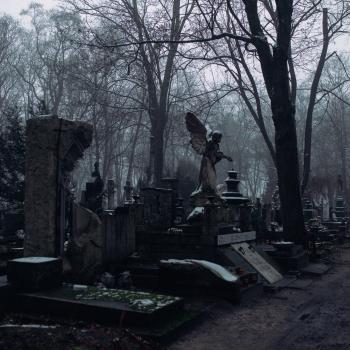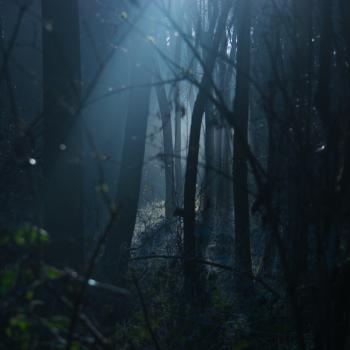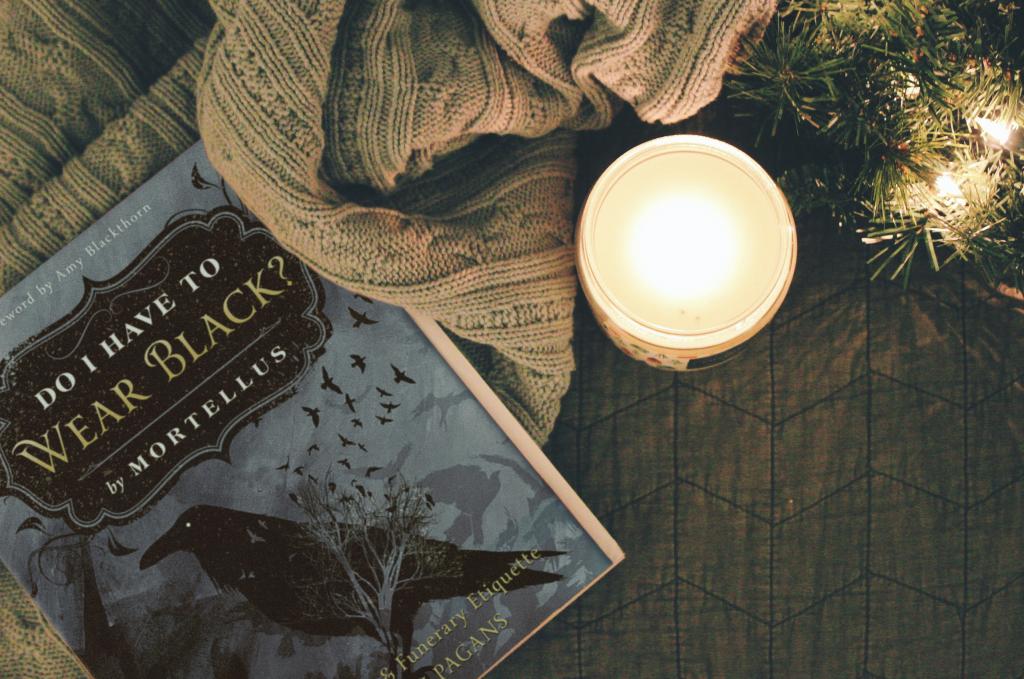
Coming February 8th, 2021, available for pre-order wherever books are sold.
Do I Have To Wear Black? Rituals, Customs & Funerary Etiquette for Modern Pagans by Mortellus
Why we need this book…
When I began mortuary school, I had a lifetime of working with the dead behind me and was chasing the ever-elusive ritual-based life; becoming involved in the death profession was an obvious place for me to wind up. Starting out as a hospice volunteer, I realized after a while that it just wasn’t enough to satisfy my deities or myself, and that mortuary school was the next course of action.
Having had all these ideas about the neutrality of death, it was tough for me to confront the depth of institutional prejudice against non-Christians inherent in the death industry. I was shocked at how openly hostile it felt, and how little information, and how much disinformation, existed in regard to non-Christian burials. This prejudice extended not just to practices that we classically think of as Pagan, but indigenous practices, secular burials, or really anything that sat outside of a comfortable, established, societal norm—and I wanted to change that. It became my passion to right that wrong and make certain that there was something out there for individuals with an end of life plan that didn’t fit the mold, so to speak.
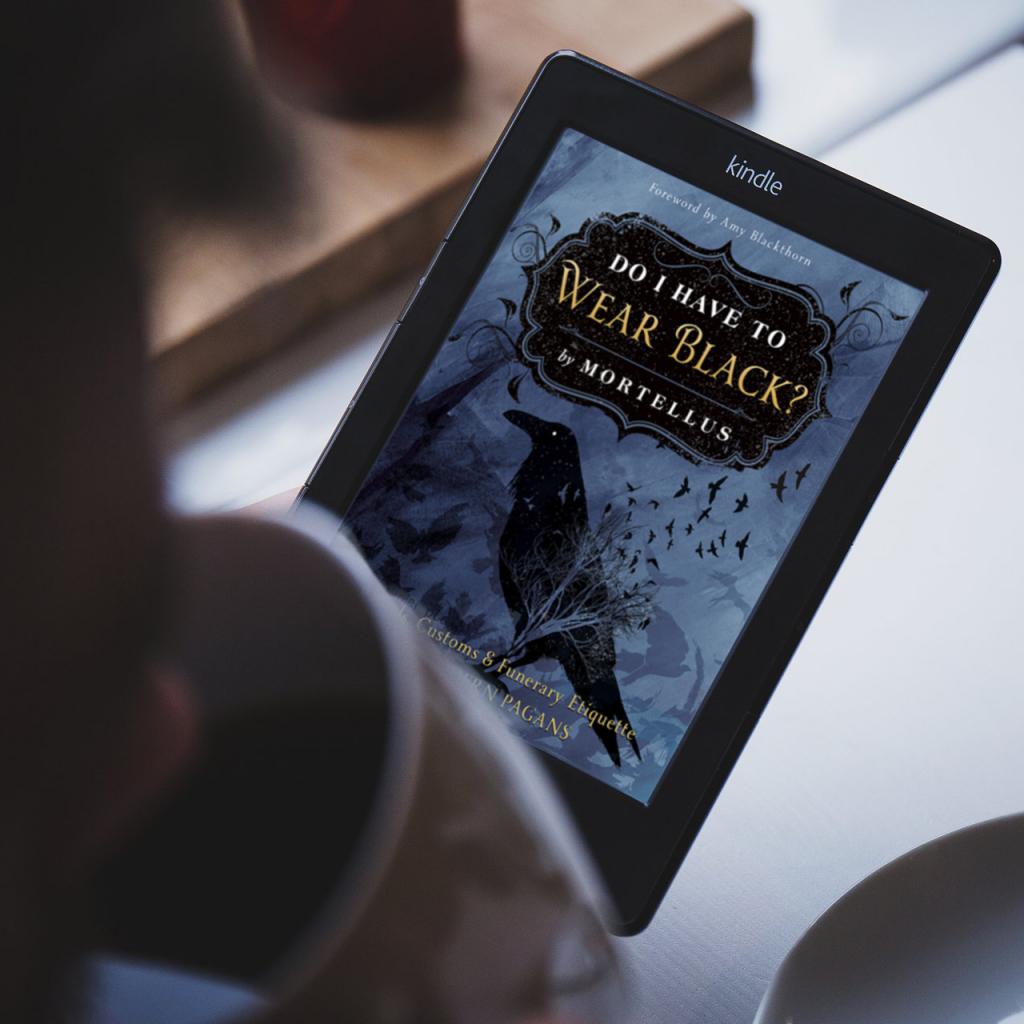
One of my earliest confrontations with this way of thinking was in an essay from Traugott P. Bradtke, written in 1962, titled “Christian Burial” that found its way to me in one of my first classes. This essay, cited in textbooks produced by the National Funeral Directors Association (NFDA) and used for mortuary science programs all over the United States, states that everyone, regardless of their background or beliefs, deserves a Christian burial.
Within it the author states that “Cremation […] has been frowned upon because of its pagan association” but that “we have […] advanced to that point where we no longer ought to regard everyone who requests cremation as being either a Heathen or a Pagan, and that the only reason such have for wanting their bodies cremated is that they want to destroy all evidences of human life and desire to be scattered to the four winds so that there could be no resurrection and no appearance before the judgment seat of Christ.”
It notes that Christian grief “differed from the pagan […] by a cheerful and hopeful view of death, […] the terrors of the grave […] dispelled by the light of the resurrection.” But what should it matter what a Lutheran minister said in the 1950s? What matters is the heavy citation of this essay and how telling it is in terms of how the death industry views non-Christian grief and funerary practices. It becomes apparent that to honor you in death the industry feels your beliefs must be ignored so that you might be granted the “Christian burial” you attempted to deny yourself. At least it isn’t the viewpoint of Bradtke, who suggests in his essay “dogs (should) eat (unbelievers) before […] burial [sic]” after all. He says, “It is not our business to worry about the burial of the dead who do not belong to us.”
In the funeral industry “Christian” has somehow come to mean dignified, as though non-Christian funerary practices are an aberrant display of otherness that no one should be allowed to foist upon the deceased. These prejudices perpetuate the idea that Christianity is the preferred religion, and that those of us choosing a different life have made an error; we all deserve a Christian burial, we’re told kindly, regardless of the life we have lived. Nay, they make it clear that it is the preference, to the exclusion of all others.
Sociology for Funeral Service states, “The religion of the United States is basically Judeo-Christian […]. The overall purpose of religion in the funeral service is to allow for the acknowledgement of the doctrine of atonement […] the doctrine of atonement states that the created is united with its creator at death. This reflects the […] belief that a person who has lived according to the standards of his or her faith will receive an eternal reward readied by God in heaven.”
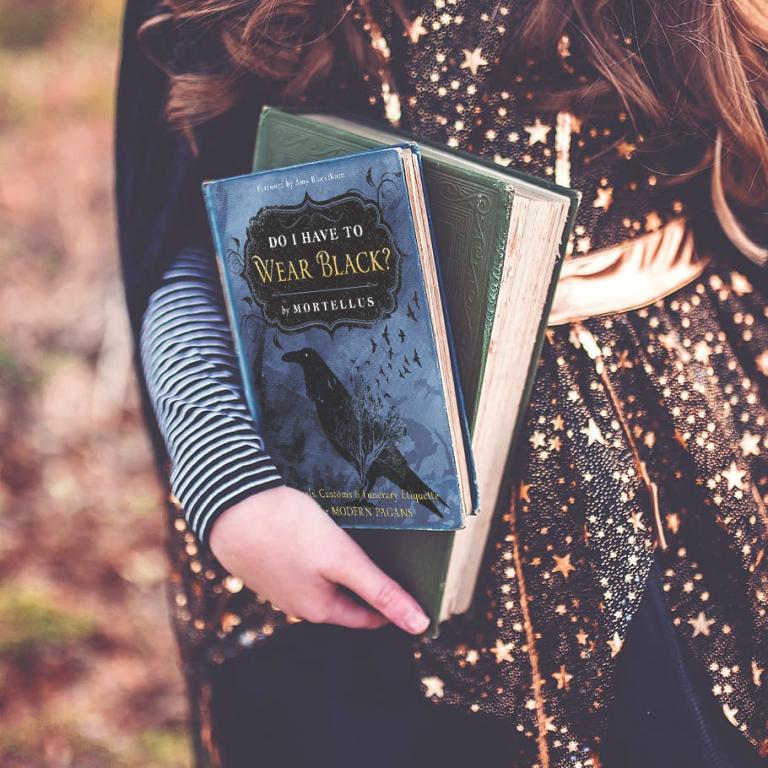
So why does this matter? Why write this book? Why should you read it? Because, while it may be true that once you’re gone it won’t matter what the funeral industry says about your practices, I believe that every person should have the funerary rites of their choosing. Are we truly honoring the dead if instead of recognizing their faith, their identity, their beliefs—honoring their wishes, and the life they have lived—we paste something else over the top and call it dignity?
Excerpted and adpated from Do I Have To Wear Black? Rituals, Customs & Funerary Etiquette for Modern Pagans copyright © 2021 by Mortellus Reprinted with permission of Llewellyn Worldwide.
Do I Have To Wear Black? Rituals, Customs & Funerary Etiquette for Modern Pagans Is available now at all major booksellers, including Amazon, Barnes & Noble, and local bookstores near you! Signed copies are sometimes available here, along with other handmade goods.
*For those of you interested in reading the Traugott P. Bradtke essay in its entirety, it appears to no longer be hosted by the Wisconsin Lutheran Seminary online, but reach out to them directly for copy information.










